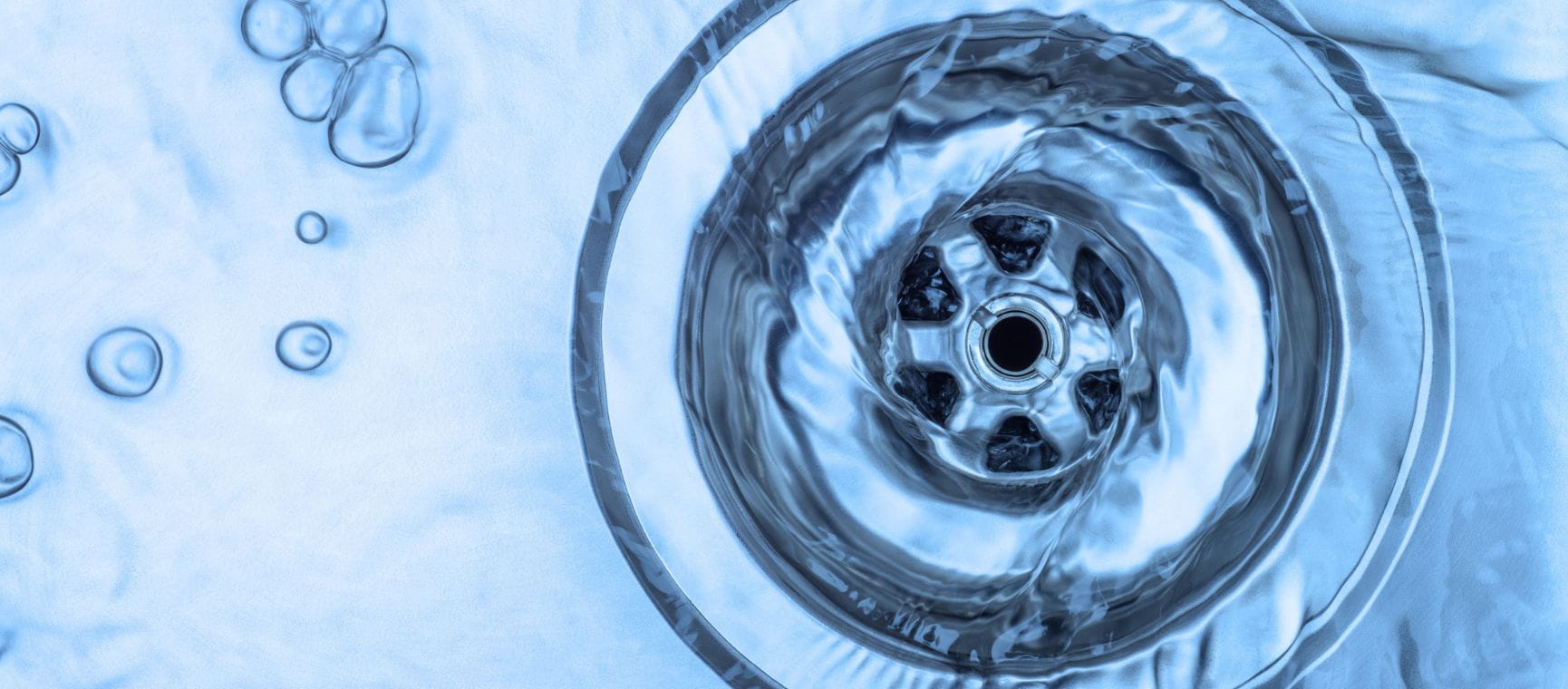
We've all done it from time to time. We've swilled food off our plates, rinsed out a coffee machine or drained hot fat from a roast down our sink. But just because you've added water, it doesn't mean it can safely be poured down the plughole.
A blocked drain can leave you with a bill of hundreds of pounds and even if you escape a home blockage, then the sewerage system won't. Water companies say unblocking our waste water system is costing us millions.
Project manager Ellora Coupe, founder of women's renovation directory Her Own Space said: “We have all been guilty of rushing to get the kitchen clean and washing all sorts of things down the kitchen sink.
“However, the build-up of grime and germs soon accumulates if we aren’t mindful of what we wash away down the sink. Plumbers get called out to fix more blocked drains than any another task.”
Andy Simms, plumbing expert from MyBuilder.com, added: “Blockages are not only very inconvenient, but pricey to fix. Most blockages could cost upwards of £250 - and it’s so avoidable."
More than half of us admit to pouring fat, oil or grease (FOG) down our sinks, despite knowing it can cause problems. But it's not just FOG or food debris that could leave you with a big plumber's bill, we've spoken to the experts to find out the surprising things that commonly go down the sink but shouldn't.
Any food that expands in moisture can create blockages.
Coupe said: “Few people know that grains, flour, pasta and rice, swell significantly and can coagulate and coat the insides of your pipes permanently making it very hard for water to drain properly and cause unwanted smells.”
It's all too easy for rice or small pieces of pasta to slip down the sink when you are draining them, so consider buying a sink strainer to avoid any blockages.
Flour thickens when mixed with water, which can then coat the inside of pipes and block other items from passing through.
Because honey is extremely sticky, it can cause other debris to get stuck in the drain and if that's not bad enough, honey can also crystallise, especially high-quality or raw honey, which will also increase your chances of a clog.
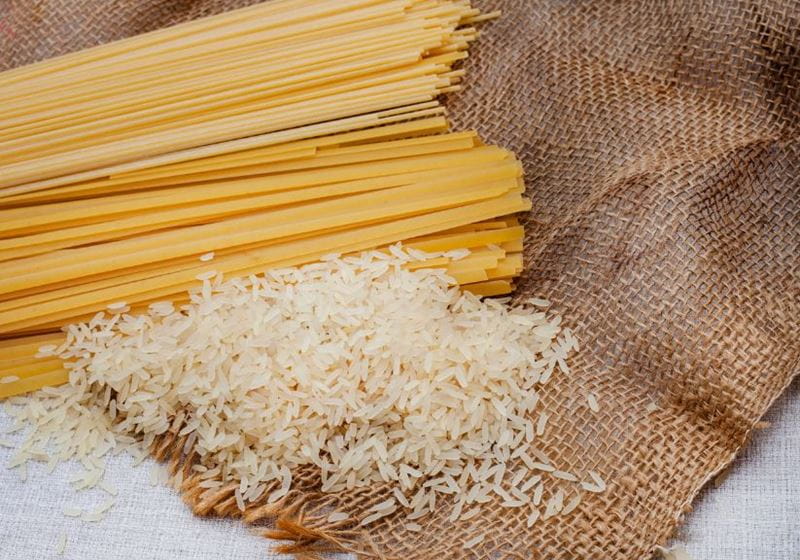
FOGs are a plumber's worst nightmare and include gravy, ice cream, cream, cooking oils, salad dressings, butter and lard. If you’ve cooked a roast, don’t even think about draining off the hot meat fat down your sink.
In London alone more than 100 tonnes of fat are poured down sinks every day, according to Thames Water, which has to clear more than 100,000 blockages a year – saying that solidified fat is responsible for more than half.
Simms said: “Fats such as these are big contributors to blocked pipes, as well as adding to significant fatbergs.”
Don’t forget to pull any stickers off your fruit and vegetables before you wash them.
If they go down the plughole, the adhesive backing could get stuck to the sides of your pipes or any other debris and cause a blockage. As they are often made from inorganic materials, they won't dissolve in water or in most chemicals.
Telltale signs that a blockage may be forming is that the drain will smell or water will take longer to empty, or both.
Not an obvious FOG, but custard is a problem if poured down the sink. It can coat pipes and lead to blockages.
Cream liqueurs have enjoyed a resurgence in popularity in recent years and you won't just find Baileys on our supermarket shelves. These creamy alcoholic drinks are flavoured with everything from mango and strawberry to espresso and salted caramel.
However, whatever the flavouring, they are all classed as FOG and can wreak havoc on pipes.
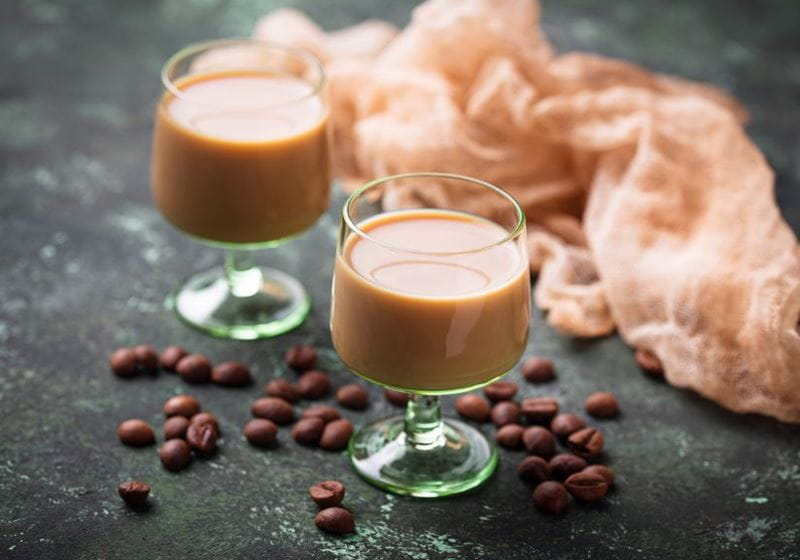
Cleaning products, paints, oils, and solvents can't be removed by wastewater treatment plants
If you’ve ever left the lid off the coffee jar for long enough, you’ll know that coffee grounds harden and congeal when oxygenated.
While they might wash down the sink with water, your coffee grounds can then clog together and block the drains further down instead - U-bends are a favourite spot for coffee blockages.
After boiling an egg, don’t be tempted to peel the shell over your sink. If the shards go down the sink, the sharp flakes can clog other bits of waste together to block the drain.
If you do accidentally tip FOGs down your sink, Simms has some important dos and don’ts
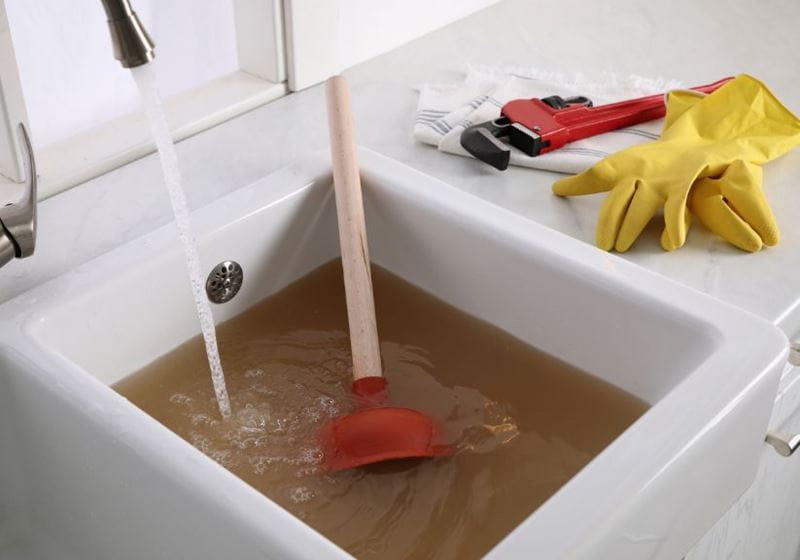
Coupe has this simple tip
"The acid in white vinegar is an organic solvent that can help remove build up in the pipes, so pouring a cup and letting it sit for 30 minutes before rinsing with hot water once a week is by the far the best way to keep your drains clean.
"We all know how bicarbonate of soda and vinegar also react and this can provide a great natural cleaning solution to also clean our drains.
"Alternatively pouring boiling water to clean your kitchen pipes will depend on the type of water pipe installed below your kitchen drain rather, the pipeline’s material."
And be careful what you flush down the loo
Coupe said: “It is really easy to think pouring food waste or liquids down the toilet is a better alternative as we think the flushing and the size of the pipes helps, but it can clog your sewer line and back up raw sewage into your home, as food doesn't break down as easily and quickly as human waste and toilet paper.
“At the end of the day the waste from our sink and toilets all gets processed and washed down the same sewer.”
Items that can cause bathroom blockages and backlogs.
Grant Mitchell, sewer blockages lead at Severn Trent Water, said: “Our work preventing and clearing blockages is something we take very seriously.
"Only the three P’s, that’s pee, poo and (toilet) paper, should be flushed down the toilet and everyone should also avoid putting fats, oils and greases down the sink. Just making sure you follow these steps can avoid awful blockages in your home.
“We clear a staggering number of blockages from the likes of wet wipes and other offenders such as nappies, sanitary products, fats, oils and greases and even toys.
"We want people to start thinking before they flush or pour anything down the sink.”
Phillipa Cherryson is senior digital editor for Saga Magazine. Phillipa has been a journalist for 30 years, writing for national newspapers, magazines and reporting onscreen for ITV. In her spare time she loves the outdoors and is an Ordnance Survey Champion and trainee mountain leader.
View author page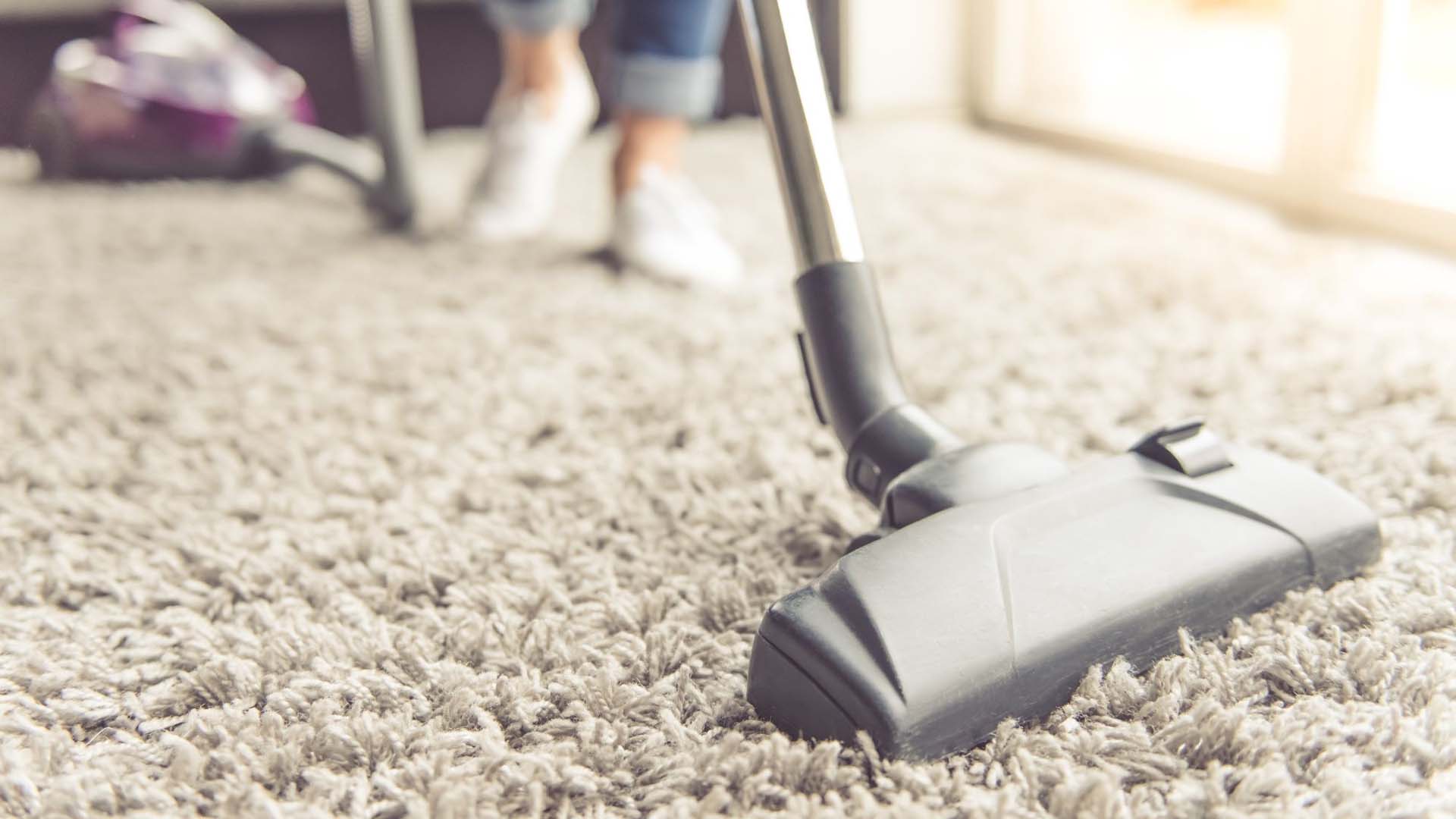
Learn how to avoid the most common vacuuming mistakes to ensure that your floors are spotless and free from allergens.
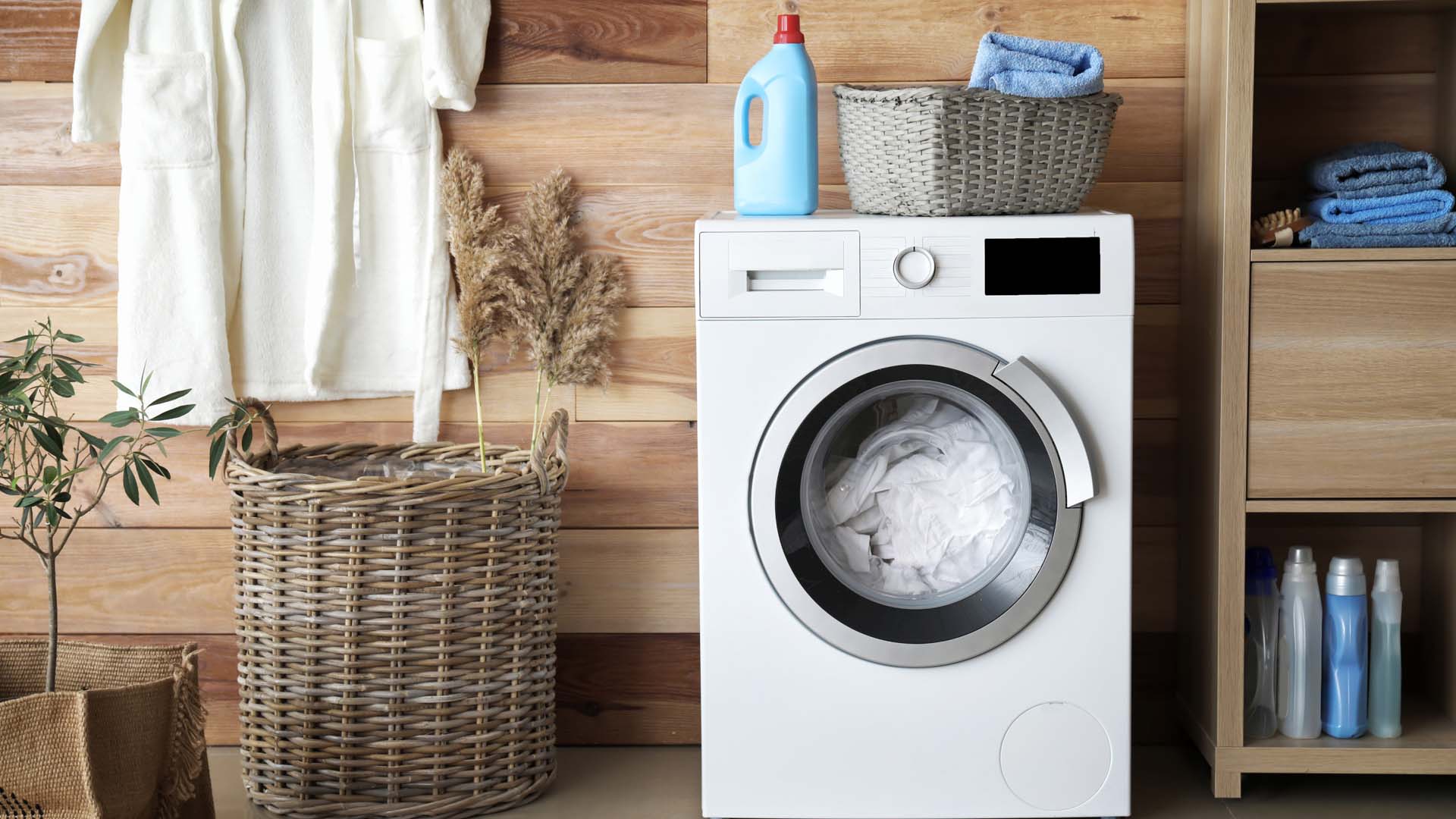
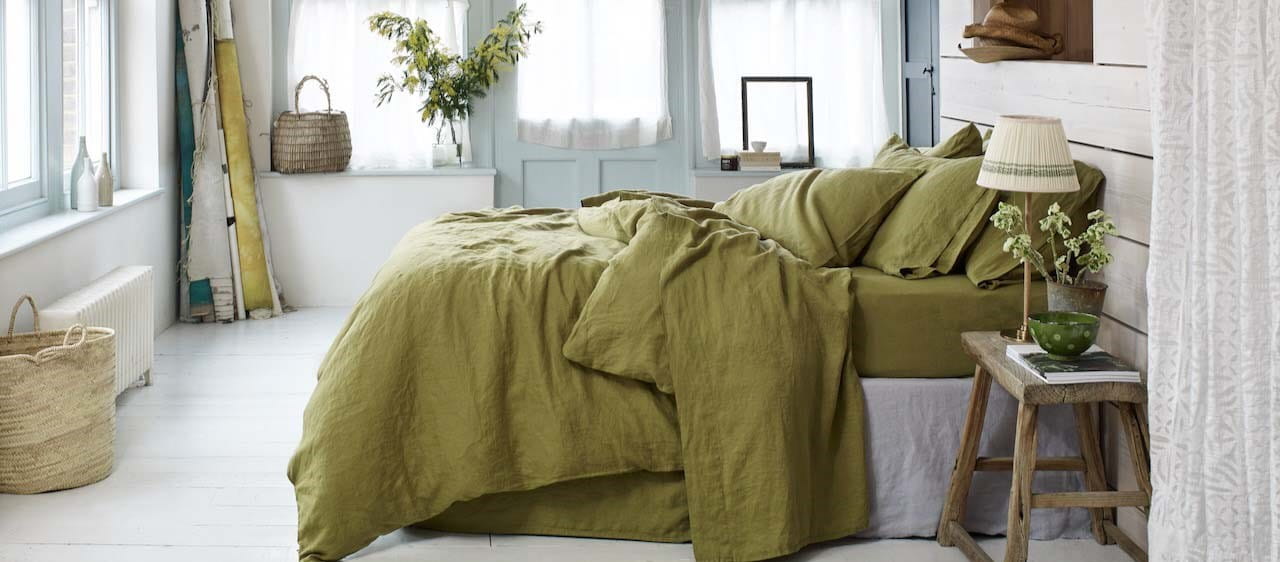

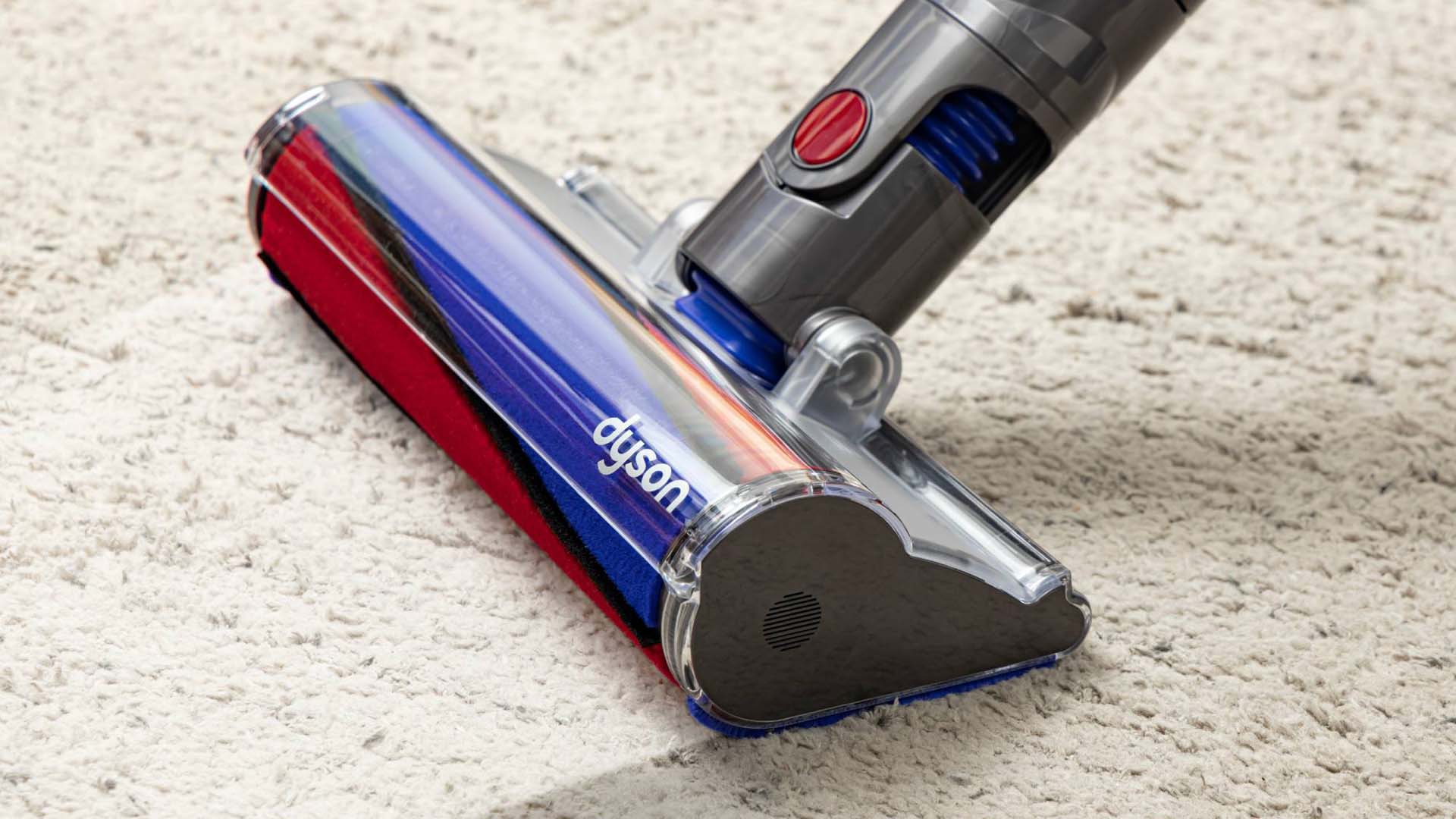
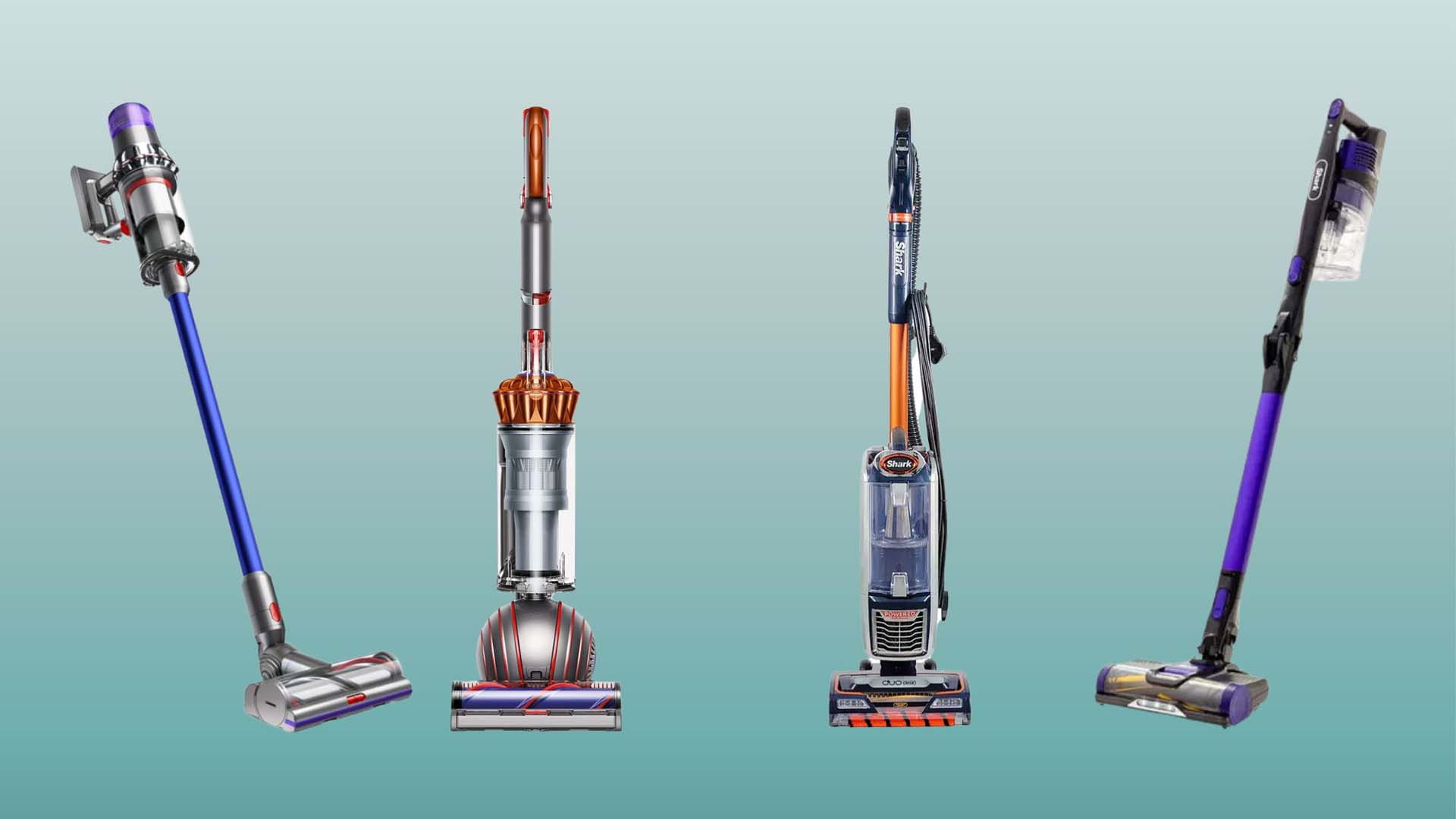
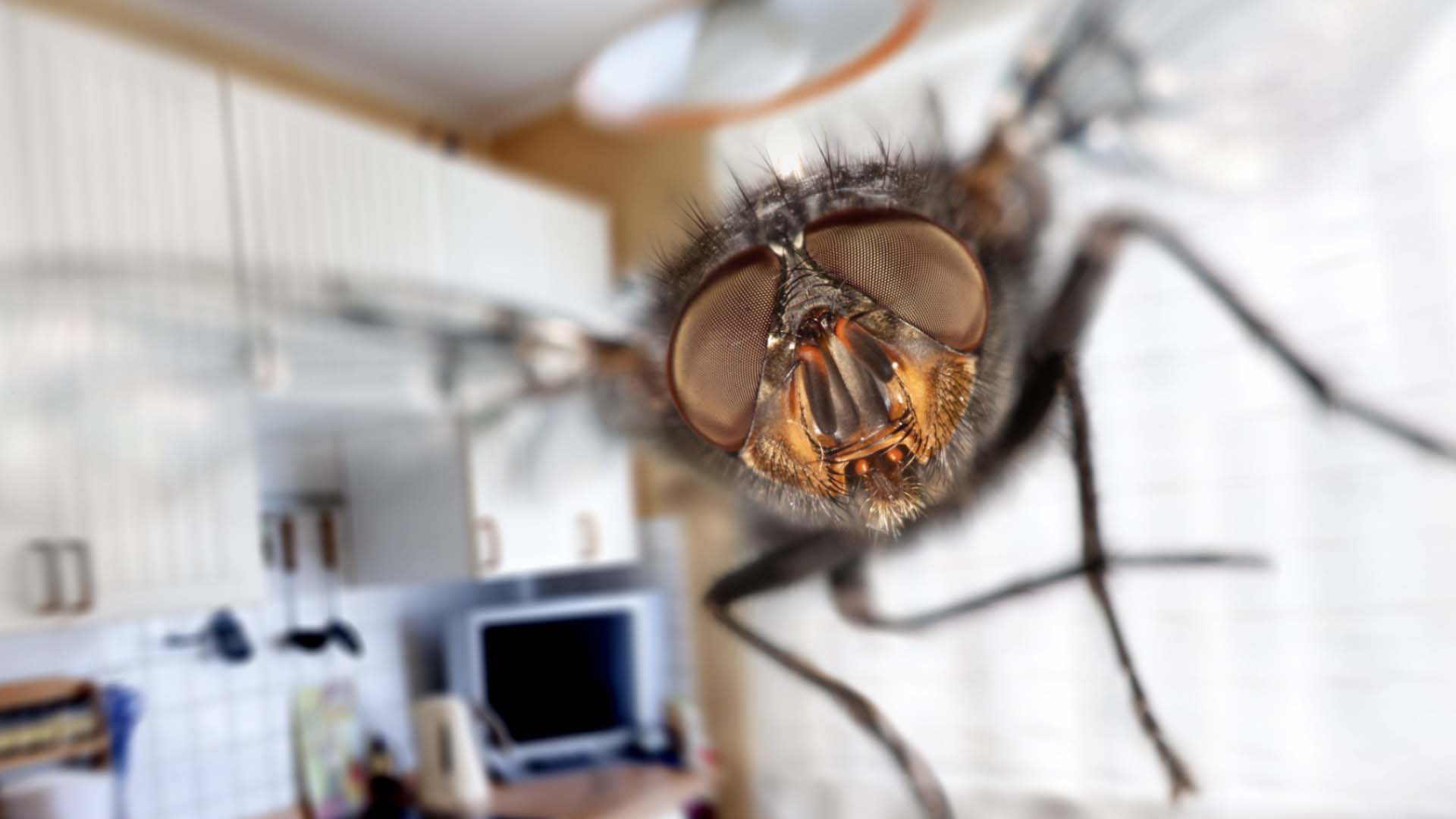


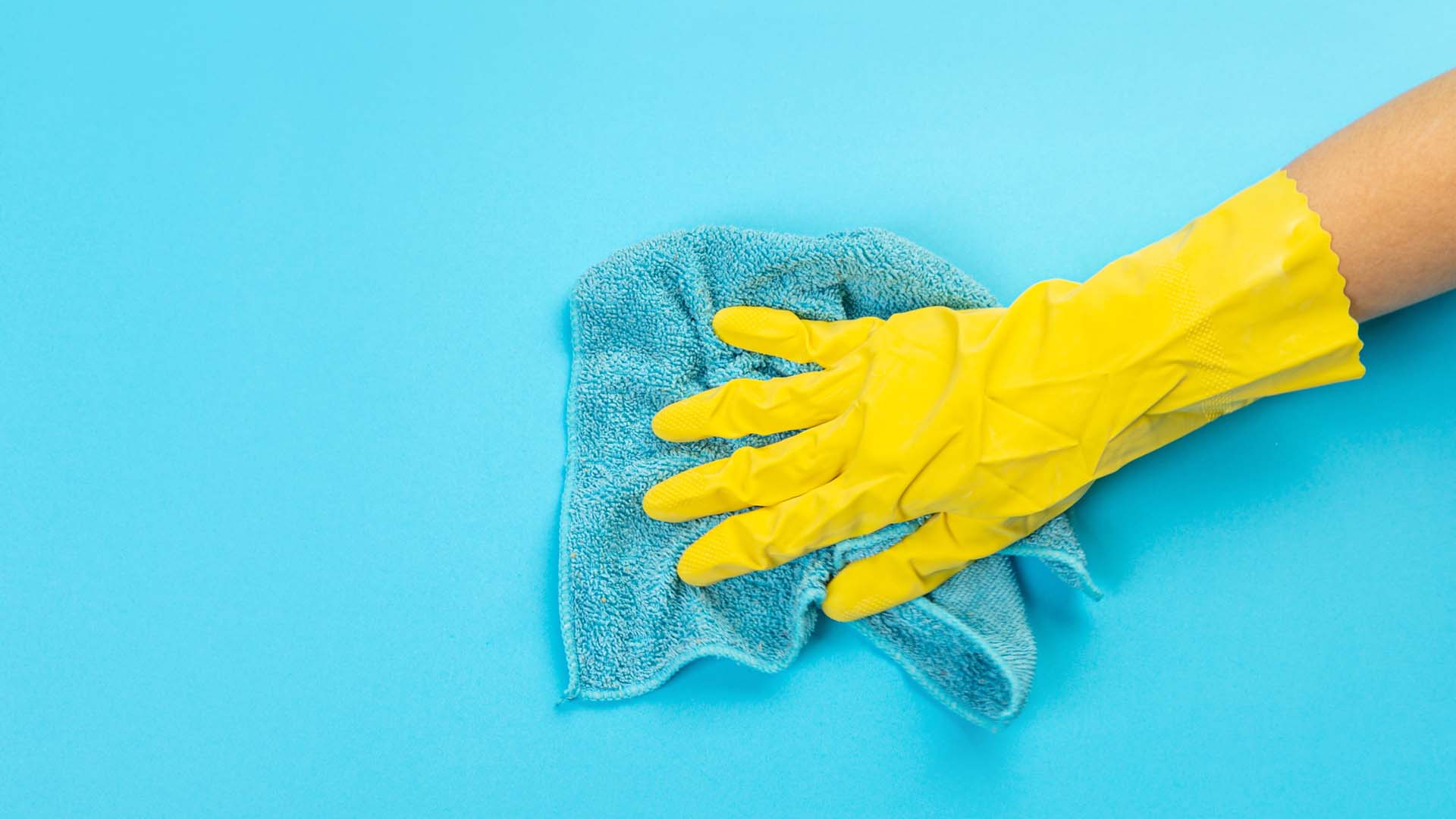
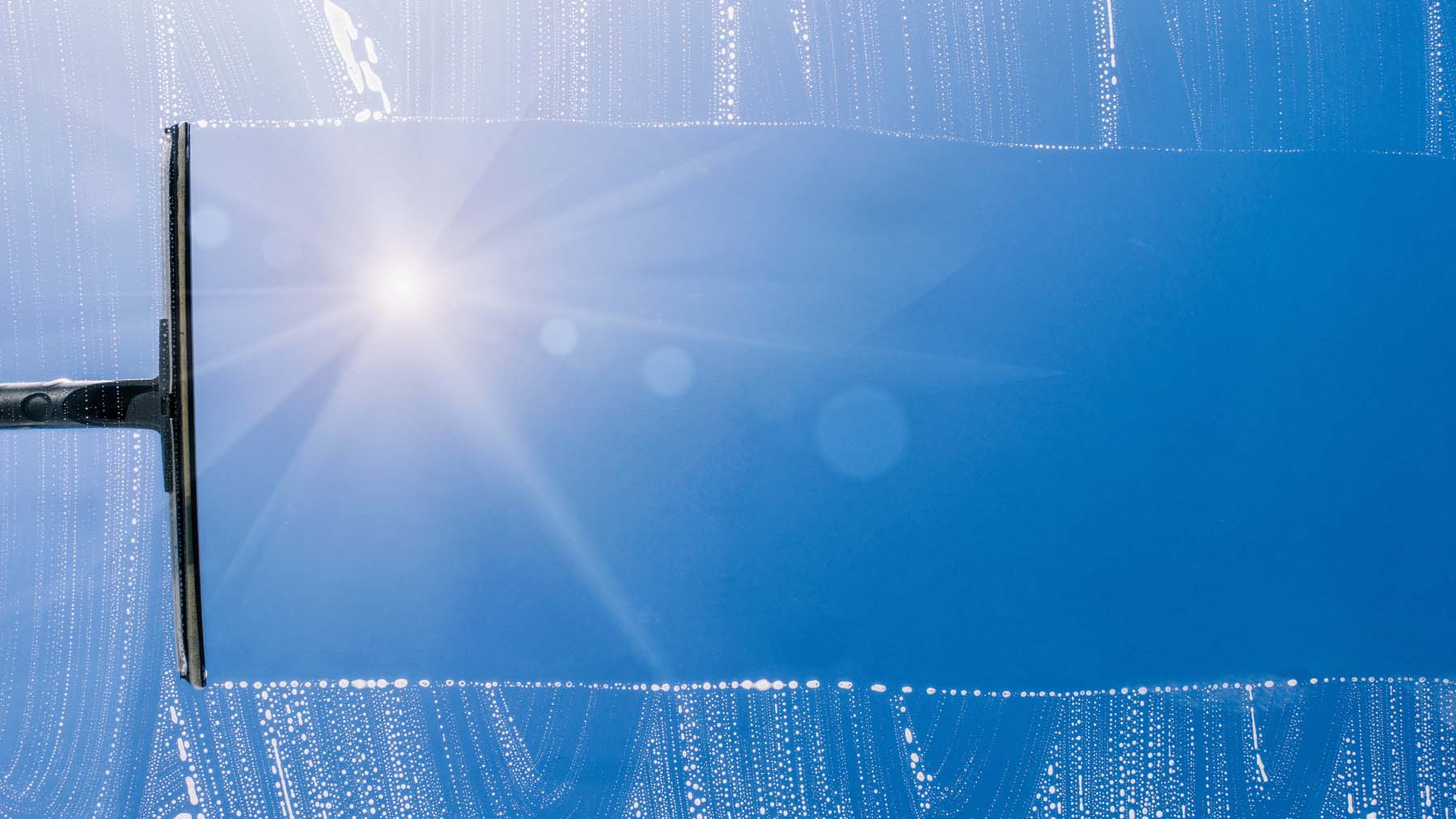
Create the perfect vista with our window cleaning tips.
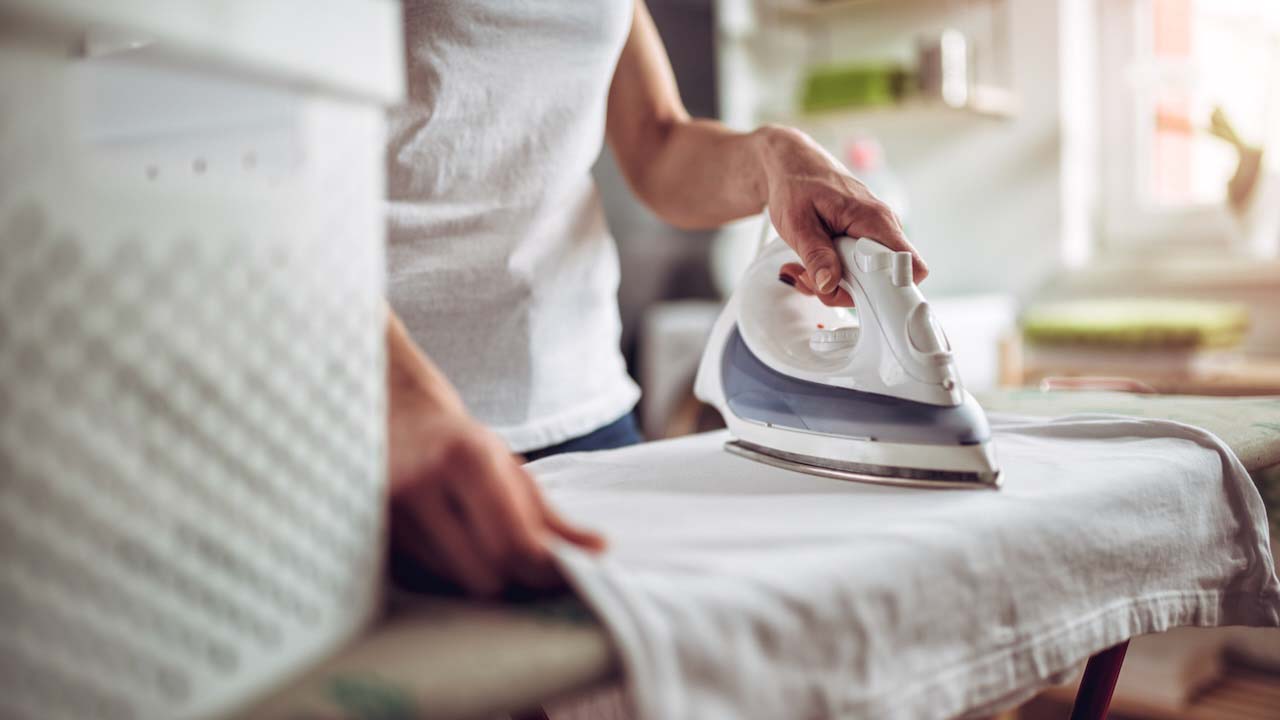
Because a scale-filled iron can ruin your clothes.